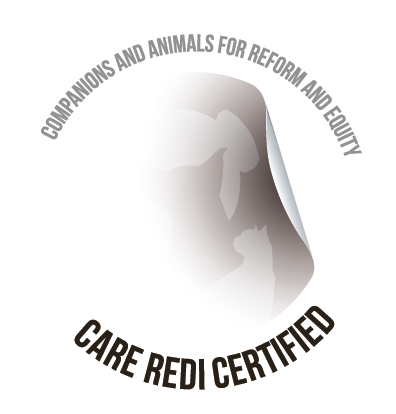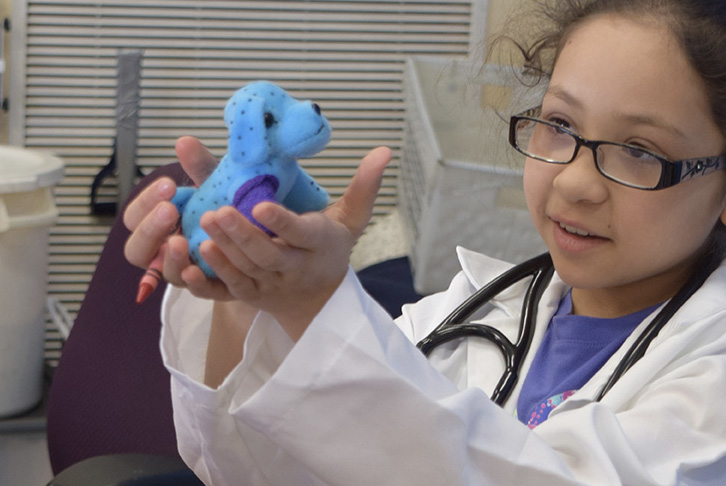“If you don’t have any money, you shouldn’t have a pet.”
Here’s another common phrase in the veterinary world. It even extends to the public and their opinions about other pet owners. This is also incredibly alienating, shame-inducing, and ultimately classist and elitist.
The cost of veterinary medicine is owed to the advanced diagnostic tools and treatment options that were reserved for the treatment of people but have become available for pets.
Nearly 28% of households experienced barriers to veterinary care, according to a national population survey conducted by the Access to Veterinary Care Coalition
“UT Releases Report on Barriers to Veterinary Care” The University of Tennessee – Knoxville
As the industry flourishes, however, there are many individuals who are forced to surrender or euthanize their pets due to financial constraints. Clients also mention having to resort to distressing measures like ending their pets’ lives at home because of the fees associated with euthanasia.
Clients will also delay much-needed treatment due to financial limitations and the perceived (and usual accurate) lack of support from the veterinary business industry, or resort to abandonment or surrender. It’s important to be reminded that a lack of financial means does not equate to a lack of love for themselves or their pets. Also remember that socioeconomic duress can be temporary, new, old, and relative. For example, consider the lifespan of a cat. Has your socioeconomic status changed in any given 15-20 years of your life?
It is imperative to recognize the impact of social determinants of health (SDOH) on the availability of resources for veterinary care as well. People from lower socioeconomic backgrounds often face challenges in accessing health care, not just for their pets, but also for themselves.
There are profound biopsychosocial benefits associated with pet ownership, supported by data. The Human Animal Bond Research Institute (habri.org) serves as a repository for studies and data on the topic. Think back to the video with Emma from Implicit Bias. We can probably all see that there is a positive impact on both the animal and the caregiver: a mutual well-being.

If owning or caring for an animal is only a privilege, how can we advocate for the well-being of humans?

